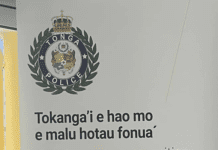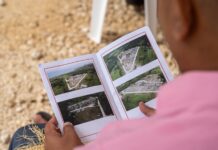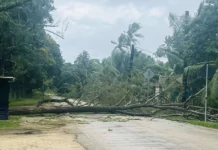Australia is ramping up its presence in the Pacific with a new initiative to train island nations, including Tonga, for United Nations peacekeeping missions.
The program aims to strengthen regional security while reducing China’s military influence in the area.
The Australian Federal Police (AFP) is leading a five-week training course in Brisbane, designed to equip Pacific Island police officers with advanced crisis response and multinational policing skills.
Ten nations are participating, with Tonga playing a key role alongside Samoa, Fiji, and Vanuatu.
The move follows last year’s Police Landmark Pact signed in Tonga and underscores Australia’s efforts to position itself as the Pacific’s primary security partner.
The training, held at the AFP’s Pinkenba Hub, covers critical areas such as crime prevention during crises, mass casualty response, and field search coordination.
Tonga Police confirmed that officers from across the Pacific will be based in Brisbane for 24 weeks as part of the inaugural Pacific Police Support Group (PPSG) program.
The initiative reflects a broader strategy to integrate Pacific nations into global security frameworks while countering China’s growing influence in the region.
Samoa’s Police Commissioner Auapaau Logoitino Filipo joined AFP leaders to launch the program, calling it a “transformative step” for regional stability.
Analysts say the training could lead to future Pacific Island deployments in UN missions, further aligning the region with Western security interests.
The program comes as China expands its military and economic ties with Pacific nations, including the Solomon Islands and Kiribati.
Australia’s response, through increased aid, defence agreements, and now peacekeeping training—signals its commitment to maintaining a strong foothold in the region.
With geopolitical tensions rising, the AFP’s initiative highlights the Pacific’s strategic importance.
For Tonga, participation offers an opportunity to enhance its security capabilities while strengthening ties with traditional allies.







